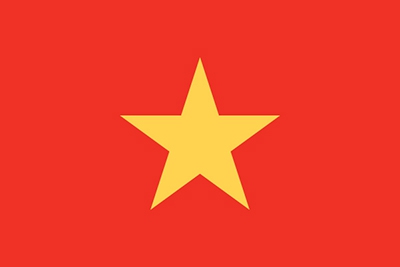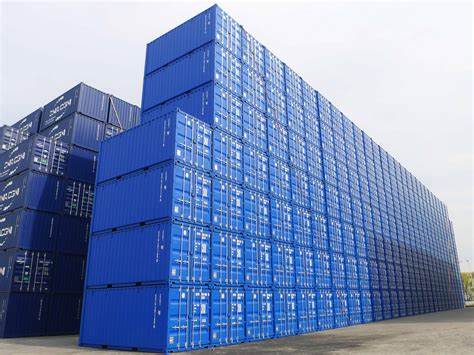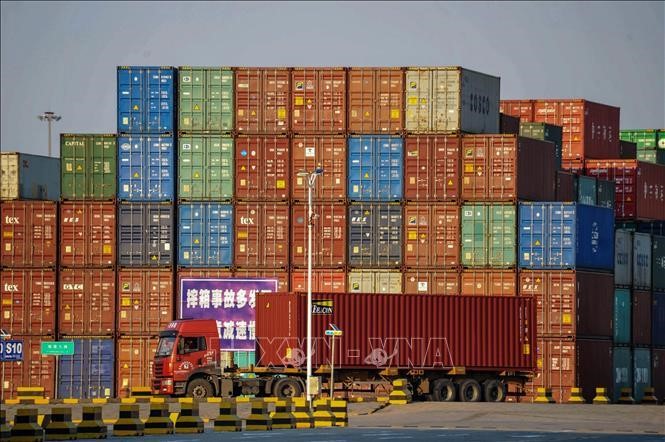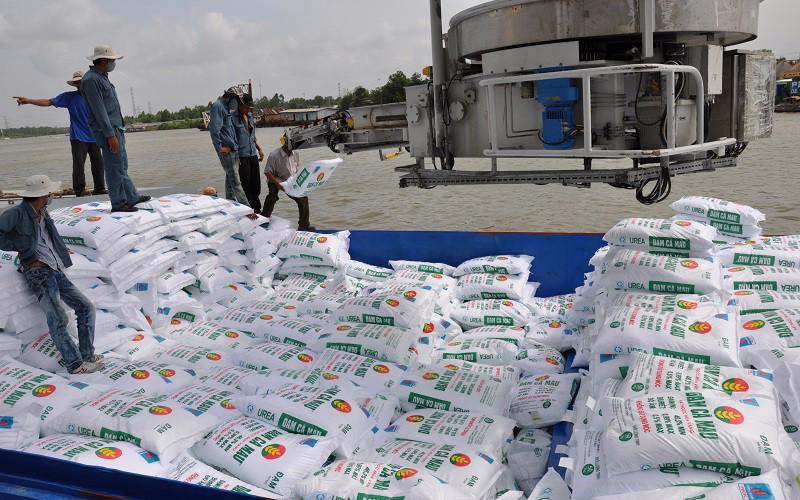THE YUAN FALLS - NOTE WHEN "CANE IS NOT SWEET ON BOTH ENDS"
The possibility that the Yuan will continue to depreciate is possible, so Vietnam needs to be cautious in the context that the correlation between the two currencies is low, which will not be good for exports in general.

China will flexible exchange rate policy.
On July 14, China's central bank signaled that it would focus on the Yuan's flexibility in order to promptly reflect market demand and absorb external shocks.
The Renminbi fell below the psychologically important 7.0 against the US dollar for the fourth time since 2019. Especially during this time, China will not let the " march mentality" disrupt the foreign exchange market, as the national economy is at an important junction of the recovery process.
Speaking at a press conference in Beijing, People's Bank of China (PBoC) officials also dismissed Western concerns about China's deliberate devaluation of the Renminbi in order to raise the country's financial capacity.
Exporters' competition is struggling. Currently, the PBoC remains optimistic about the positive signs of the economy, on household income and consumption, and has a "good chance" for structural reform, despite the fact that foreign investment banks have given China growth deceleration estimates in the face of increasing headwinds. PBoC Deputy Governor Liu Guoqiang said that the governing body will not give up focus on its policies.
Currently, China has accumulated many tools to deal with the fluctuation of the Renminbi, and the government has enough confidence, conditions and ability to deal with various shocks, in order to maintain operations are smoothness of the foreign exchange market. "As for specific policy tools, we will use them appropriately depending on the needs of the economic situation." The comments come as the Yuan has fallen below the psychologically important 7.0 CNY/USD for the fourth time since 2019, amid growing worries over the second-largest economy the world is slowing down.
According to Liu, the exchange rate is neutral and arbitrary manipulation of the Yuan will only cause harm, which is intended to dispel speculation that China will devalue its currency to make exports more competitive. It can be said that China is both a major exporter and a major importer. “Cane can never be sweet on both ends” means that the RMB exchange rate is too high or too low. “The exchange rate is generally determined by the market. But it is also necessary to better promote the simultaneous role of the market and the State, resolutely avoid the sharp rise and fall of the exchange rate," said the PBoC Deputy Governor.
.png)
Note to Vietnam.
Mr. Nguyen Minh Tuan, CEO of AFA Capital also mentioned that a sharp drop in the Renminbi exchange rate will be a concern for the Vietnamese economy.
Vietnam's competitors in exports, including Southeast Asian countries and China, have a fairly strong currency weakening that will affect us. Specifically, the correlation between currencies in Asia and the Renminbi is very high, meaning that when the Renminbi rises or falls, the currencies are in the same direction. Vietnam alone this year has a completely independent policy, making the correlation between VND and CNY very low as of January 1, 2023. “Assuming that Vietnam, Thailand, and China both export, and the Yuan weakens, the Thai baht will also weaken, only a stronger VND will not be good for exports in general.
Therefore, I still want to share one thing that the exchange rate will still be a topic of concern in the near future, when US interest rates continue to increase and if the next 3 months we still keep the exchange rate, then it is necessary to keep the exchange rate to look closely at the import-export balance. Vietnam's competitors in export, including Southeast Asian countries and China, whose currencies have weakened quite strongly will affect us, "said Tuan. Similarly, analysts at Rong Viet Securities (VDSC) said that the Yuan has depreciated by about 5.2% in the first half of 2023, which is significant compared with a devaluation of about 8.5 % in 2022.
China's post-opening growth recovery has been disappointing and continued monetary easing in the second half of this year has led to expectations that the Renminbi will depreciate further in 2023. . "Given the correlation between VND and CNY, we think that the "stagnant" movement in the first half of the year is unlikely to be maintained for long," VDSC said. Not to mention, China has recently increased its factory establishment near countries in the ASEAN region, showing how manufacturers are moving to Southeast Asia to avoid US tariffs on Chinese goods. Former Chinese vice Commerce Minister Wei Jianguo said at a conference that a single market in Asia could restructure factors of production and reshape the global economic structure and landscape is competed. “China is a big beneficiary of globalization, becoming the world's factory. However, geopolitical divisions such as the Russia-Ukraine war, the strategic partnership between Beijing and Moscow or The US and EU away from China is likely to divide global production into three sub-centres: North America, Europe and Asia," he said.











